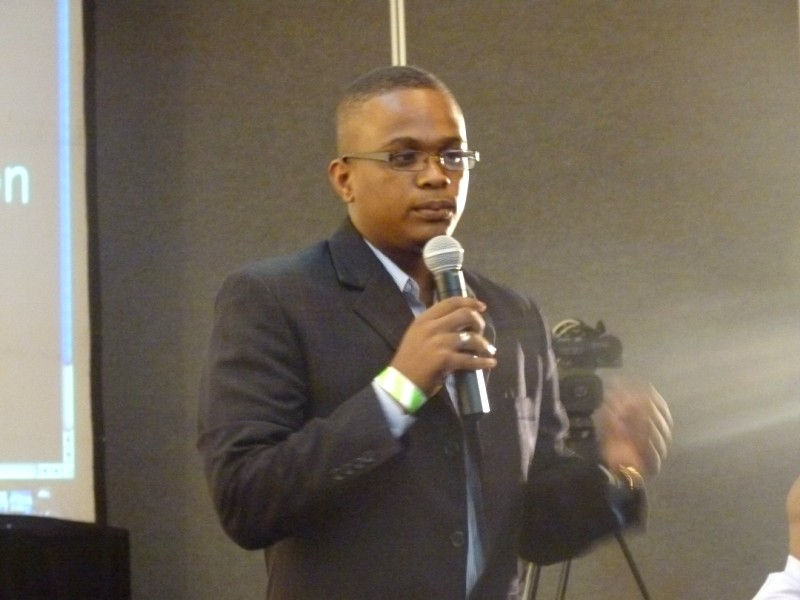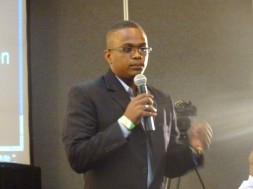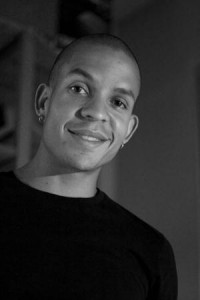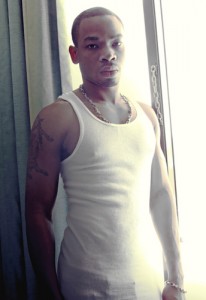
Is there a secret to success?
Why is it that some media and tech start-ups have been able to survive, while countless others have failed? Statistics from web analytics company Complete, for example, show how, between ’08 and ‘09, the number of Facebook users rose steadily to 120 million, far surpassing the number of Myspace users, which stood still at 60 million.
Of course, there are several reasons which account for the growth of some tech and media companies as opposed to others, including changes in trends, user interface and design, quality of content, and so forth. But in this blog post, we’ll be examining things not from the user’s perspective, but from the entrepreneur’s perspective. The Broadcasting Commission has always strongly supported the growth and development of Jamaica’s ICT sector. We find it fitting to ring in the New Year with some inspirational advice from some of our country’s most successful and noted e-entrepreneurs.
GORDON SWABY, CEO/FOUNDER OF EDUFOCAL.COM
“You have to envision it before you say it…and you have to believe it before you do it.” So observed Gordon Swaby, Entrepreneurial Officer of Edu-Focal, a website to which CSEC and GSAT-level teachers contribute to offer inexpensive and fun lessons to prepare students for their exams. Hailed by Hon. Rev. Ronald Thwaites, Minister of Education, as “a refreshing method of incorporating learning with play,” Edu-Focal was launched in March 2012, when Swaby was just 21.
Swaby has since become an inductee of the Branson Centre of Entrepreneurship, and received the Private Sector of Jamaica (PSOJ) Jamaica Gleaner 50underFifty business leader award last year.
Swaby sees confidence in one’s vision as key to accomplishing any great feat. “I believe in myself and my ability to work hard and accomplish the goals I set for myself,” he continued in a recent post on his blog. “We’re all great and it’s a shame that many people…don’t see the greatness they possess.” Wise words indeed!
SAADIQ RODGERS-KING, CO-FOUNDER OF SOCIAL NETWORK HOT POTATO
Jamaican-born Saadiq Rodgers-King has achieved goals other people dream about—including graduating from both MIT and Princeton. However, this Kingstonian made international headlines after a social networking site he had helped to found in a Brooklyn garage, Hot Potato, was acquired in 2010 by Facebook for US$10 million plus shares.
In an interview with MIT’s Entrepreneurship Review, Rodgers-King noted that his success was in part due to his risk-taking. “My father created an environment that was accepting and supportive of entrepreneurship,” Rodgers-King confided. “He accepted a contract to drop off and pick up the staff of Air Jamaica knowing that the contract required a certain amount of vehicles which he did not have yet. And he was going to commit to it and just figure it out. Hearing such stories normalized and even glorified risk-taking.”
Rodgers-King followed in his father’s footsteps when it came to establishing a company of his own. Starting at Hot Potato meant that he had to leave a full-time job for the insecurity of a new venture—“My last day at work was on Friday and I started at Hot Potato right away on Saturday,” he told the MIT Entrepreneurship Review—but it was a decision that eventually lead to Rodgers-King’s success.
REINARDO CHUNG, FOUNDER OF THE MENTAL CHUNG CREATIVE LABS
Currently in his late twenties, design and the arts was a subject area which Reinardo Chung was interested in from childhood. After teaching himself graphic design, this ambitious young entrepreneur then decided to teach himself animation. Since then, he has never looked back.
Though his company has created animated sequences for clients including Claro, Usain Bolt’s Tracks and Records, Mission Catwalk, Queen Ifrica, Luciano, and Tony Rebel, it’s Chung’s personal projects that have found the most favour with Jamaicans and others worldwide. His first short film, ‘Bad Influence,’ won a 2011 Reggae Film Festival Animation Award, while an episode of his short series, ‘Dutty Bwoy,’ a gritty look at the life of urban youth, won another Reggae Film Festival Award in 2012.
Though success has certainly come to Reinardo, it cannot be said that this success was easily won. When questioned by Jamaicans.com about how long it took for him to create ‘Bad Influence,’ Reinardo confided that it had taken him 4 months to produce 8 minutes and 30 seconds of footage, during which he was sleeping for less than 6 hours a day and working “90% of the time that I [was] awake.” Reinardo is no stranger to hard work—an attitude that has indubitably paid off.
ALEX MORRISSEY, FOUNDER AND CONSULTANT, JAMAICANSMUSIC.COM
What’s the most popular Jamaican page on Facebook? Is it the page for a telecommunications company? How about the page for a well-known fast food restaurant? No—it is, in fact, the page for jamaicansmusic.com. To date, this hub of Jamaican culture and music—which takes the form of an online magazine and social networking site—has been liked by over 2.3 million people globally.
Amazingly, its Facebook page draws about 150, 000 unique visitors a month and gains 1, 000 new likes each day. Noting the popularity of the site and its massive presence within the social media landscape, Universal Records contacted the e-business in order to conduct giveaways of bestselling reggae albums. Thought to own the largest Facebook fan page in the Caribbean, jamaicansmusic.com was even profiled in a noted international blog, Social Media Examiner.
The founder of Jamaicansmusic.com, Alex Morrissey, is not even yet 25, and yet he manages a staff of five, and a website frequented by thousands of people every day. What are his secrets to success?
While it’s certain that Alex could not have achieved so much without such hard work and dedication, jamaicansmusic.com’s popularity is also due to another factor—his ability to make use of his contacts. Luckily enough, Alex’s father was living in Indonesia, where Alex knew there was a large reggae community. He saved up his money to visit the country, getting in touch with local artistes and media houses in order to plan a launch. In similar fashion, he launched the website by having a college tour in Mexico—an accomplishment no doubt made easier by the fact that one of his friends was studying there at the time.
It’s no wonder that this e-entrepreneur has been called Jamaica’s Mark Zuckerberg—in the same way that the latter was able to use his contacts in order to grow his business, so too has Alex. It’s through this strategic thinking that Alex has found success.
(706)











